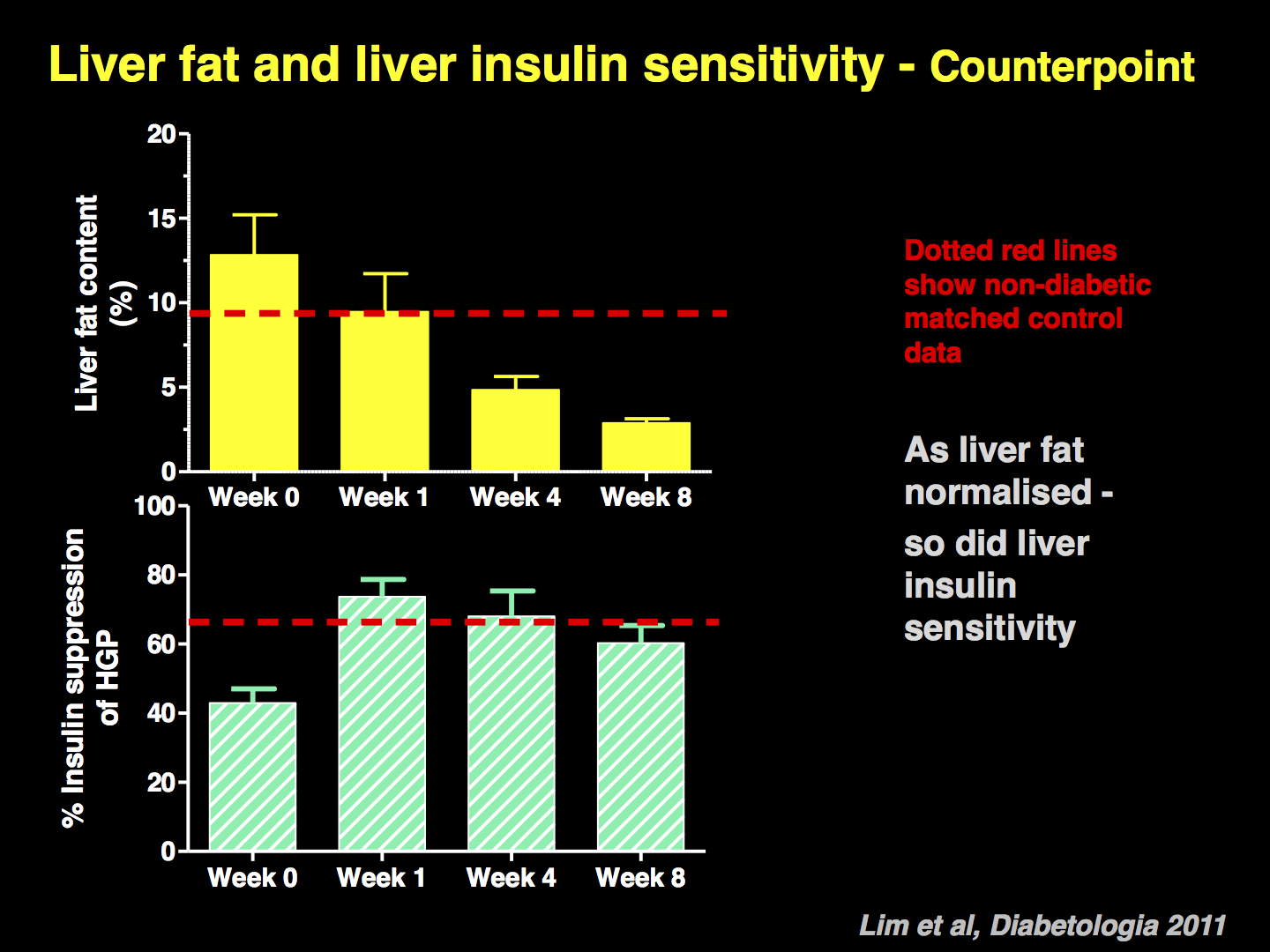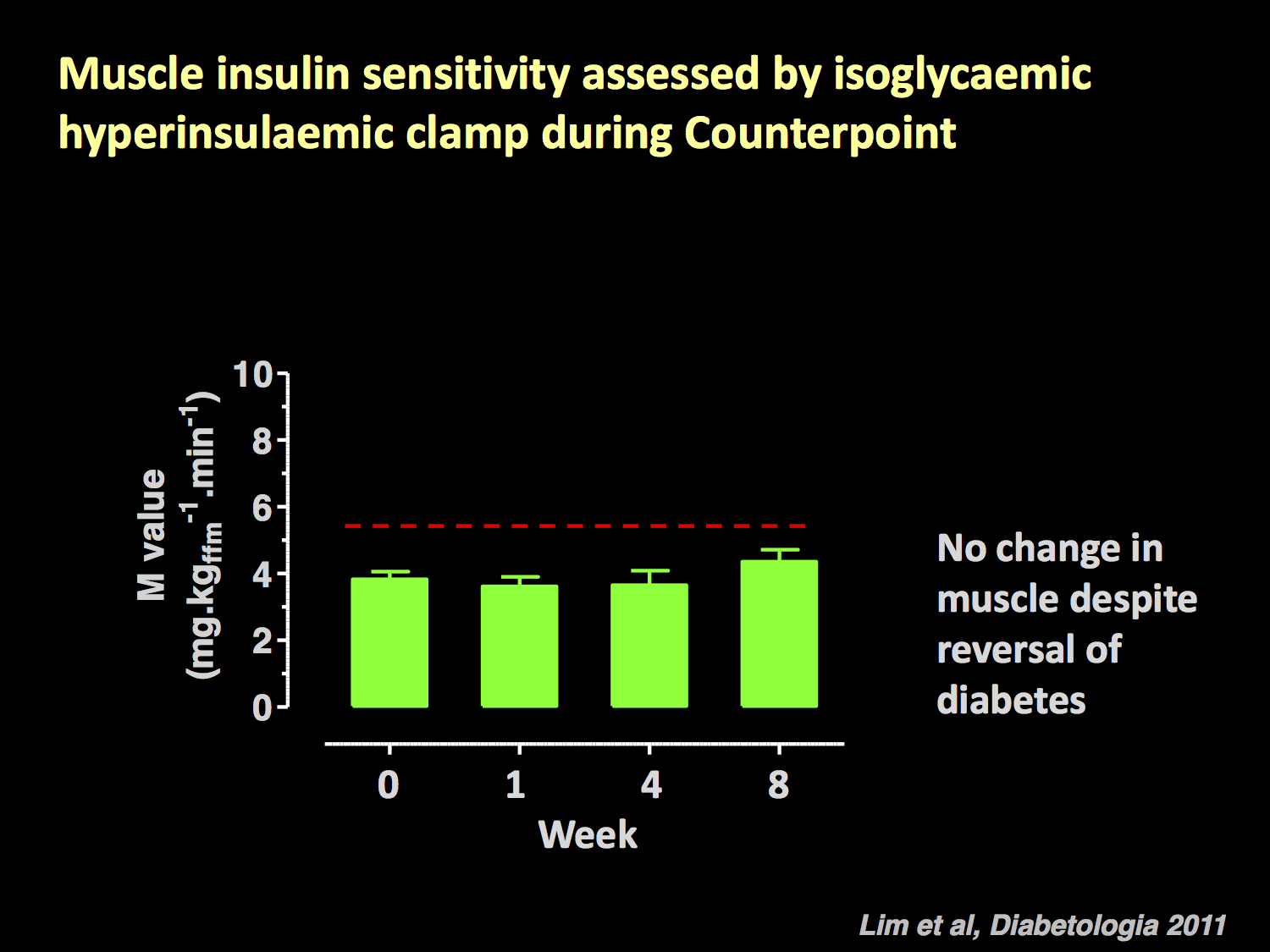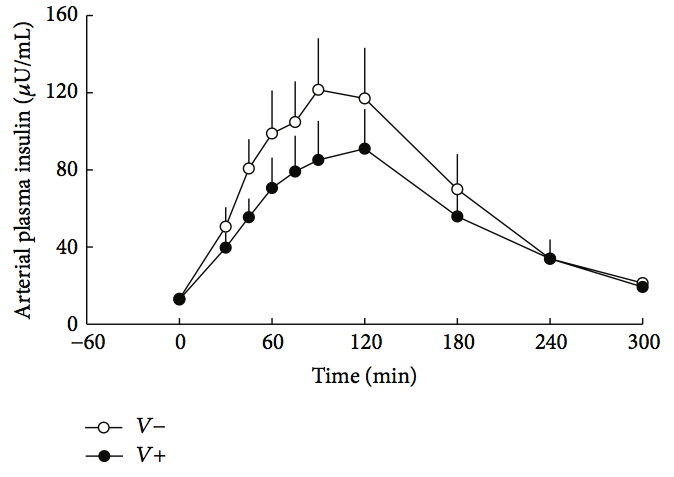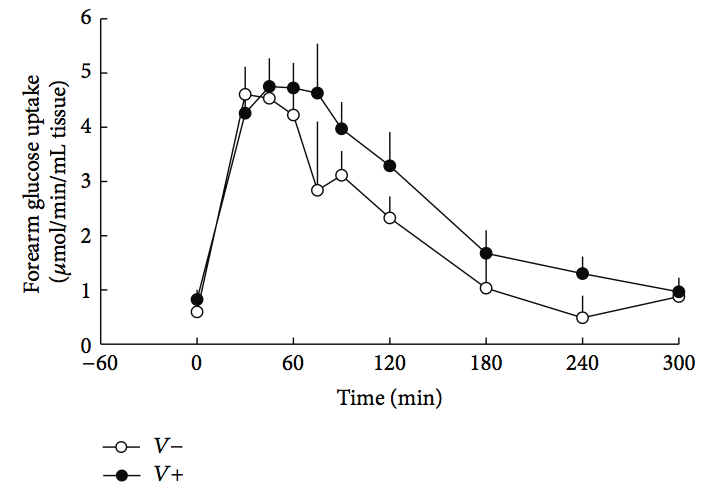mgk
Senior Member
- Messages
- 155
I don't know enough to respond to a lot of what you said but to this point I meant to say liver insulin resistance, not insulin resistance in general. There seem to be a lot of factors that go into the insulin resistance of other tissues. Roy Taylor's theory is that liver fat starts increasing because other tissues are already insulin resistant and not taking up glucose, so the burden falls on the liver to get rid of it.From what I have read there is an AGE threshold at which the insulin sensitivity declines. This age threshold is lowering from one generation to the next due to epigenetic transmission of IR from parents to children.
I pulled out two slides from one of his presentations that shows this well. The first one shows that liver insulin sensitivity improved after losing liver fat. The second shows that muscular insulin sensitivity wasn't affected.


I think what we really need to figure out is how to fix the muscular insulin resistance...


